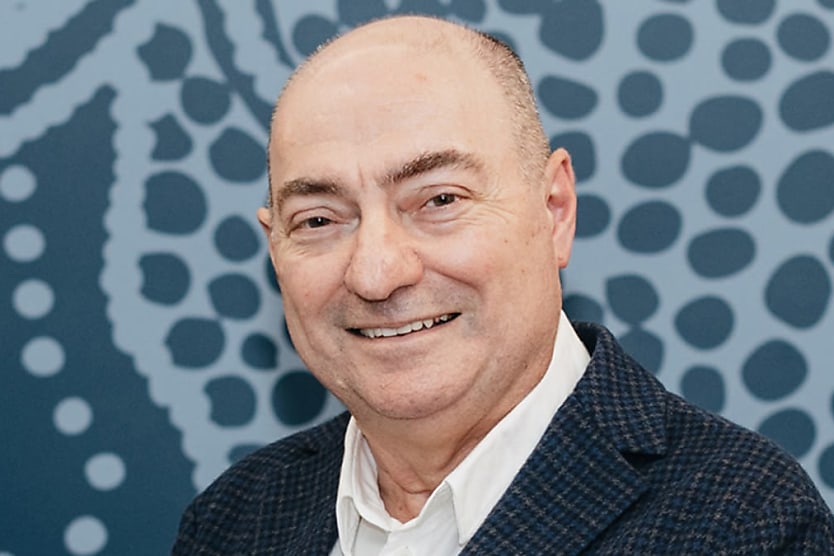
A former FWC vice president has shared his view on how commissioners should approach their role in the workplace tribunal.
Joseph Catanzariti, a former vice president of the Fair Work Commission (FWC), recently sat down with host Jerome Doraisamy on The HR Leader Podcast to discuss his role with the workplace tribunal.
Catanzariti touched on the importance of upholding the across employment and why he believes the role itself is a privilege.
“I think anybody who’s a lawyer, it is a privilege. You are in a small minority, and I’ve taken from the beginning that you have to give back. Now, obviously, lawyers have a commitment to pro bono, which has come about partly by imposition, but should have been part of our DNA.
“One of my number one focuses has been access to justice and ensuring the affordability of lawyers for not just at the bottom end, where legal aid is available in a very limited way, but in the middle area, where there are significant problems in access to justice,” said Catanzariti.
Australian law itself compares much differently than that of other countries, such as the US. Catanzariti believes it offers more of a humane approach – which is integral to practising law.
“The law degree itself opens up a whole lot of stuff. It teaches you how to think differently. Australian law is very different [from] the US version of the law, where it’s much more combative and adversarial. Here, we approach things in a much more humane way, and I think that’s got to run through the way you practise your law,” he said.
An important subject for Catanzariti during his time at the FWC was the speed of decisions, which was a balancing act between hearing all sides of the story while ensuring timely decisions and proceedings.
“Having been in the policy side of the law through both presidencies and seen a lot of comments about access to justice delays in the system, I was incredibly focused on ensuring that decision making is fast, that it is prompt, that my approach would be very much, too, at least in first instance matters, which is different. There’s the first instance and the appeal one,” he said.
“In the first instance, it was important to be very patient. Particularly when we have 40 per cent of unrepresented litigates in the Fair Work Commission to allow the story to unfold, to give people the opportunity to give their story, but at the same time ensure that justice is done very quickly on appeals.”
“Expectations I expected when I sat on appeals was that they would be done efficiently, particularly when legal representation was involved. As I would often say, I can read the material. I never went into any matter in the entire period of the commission without having read the material beforehand. I think that’s an important part of any judicial officer.”
“The Fair Work Commission was the best part of my entire practising career, to be honest. I worked with a great leader for the majority of that period, Justice Iain Ross. Without a doubt, he is the most hardworking and yet at the same time visionary person I have ever worked with.”
Kace O'Neill
Kace O'Neill is a Graduate Journalist for HR Leader. Kace studied Media Communications and Maori studies at the University of Otago, he has a passion for sports and storytelling.










